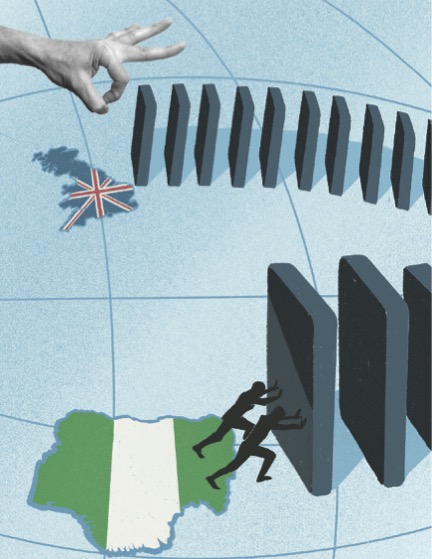Determination Met with Marginalization: A Case Study on The Nigerian Civil War
Abstract
The Nigerian Civil War of 1967-1970 caused the deaths of over two million people and produced mass starvation in the region known as Biafra. This article seeks to explain how such a terrible tragedy could have occurred after Nigeria had been granted independence from the British. The evidence shows that the British and other Western states were both indirectly and directly responsible for the occurrence of the war. In the mid-twentieth century, Nigeria was a leading exporter of rubber and oil — essential resources for Western economies. The British were keen on retaining their grasp on these strategic products and used divide-and-conquer techniques to separate the Yoruba, Hausa-Fulani, and Igbo ethnic groups of Nigeria. This kept them in a position of control over the country and caused intense ethnic conflicts between the three groups. The escalation of these ethnic tensions led to mass-scale racial violence and the secession of the region of Biafra — the final straw that led to complete civil war. The paper itself addresses the history of both Nigeria as well as the British Empire, and it ultimately questions Britain’s culpability with regard to the conflict.
Downloads

Downloads
Published
Issue
Section
License
Copyright (c) 2022 Gabriel Klein

This work is licensed under a Creative Commons Attribution-NonCommercial-NoDerivatives 4.0 International License.

